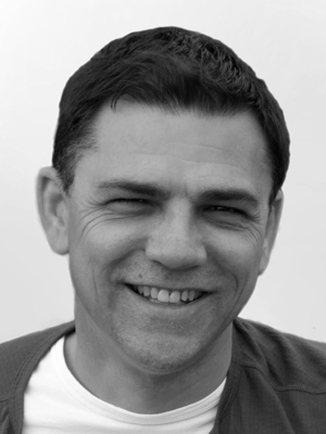widows often reported that one of the most frustrating things about their grief was that others seemed to ignore them and didn't offer any help. Source Kristin Meekhof on www.psychologytoday.com After someone we know has been bereaved, one of the difficulties we face is knowing what to say. In her interviews with widows, Christine Meekhof discovers it is also what we can do which can make a difference. Cooking can become a chore, and a powerful reminder the person you love is no longer in your life. A simple gesture like making a meal for a bereaved person says that you care. In her article Kristen offers other helpful suggestions of how you can make a difference, such as offering to help with child care, or sending the person a token of your love. No. 2 on the list, making that telephone call
People can feel anxious about what to say to someone who has been bereaved. We want to say something sympathetic, but we also don't want to upset them. One of the distressing things bereavement can bring is isolation, as people whom they once knew well seem to disappear from the scene.
When talking to someone who is bereaved, there is no magic formula. There are no words that will make what they have experienced better. It is not what we say, it is how we say it, that makes the difference. One of the thoughtful things said to me after my Mother died, was a friend who said while he couldn't understand what I was going through, because he wasn't a touchy-feely sort of person, he did want to help, and if I wanted to spend time taking my mind off of it he was around. While one of the less helpful things another friend said to me was "you must be feeling awful" when at the time I was feeling so completely numb and detached, I had no idea how I was feeling. When I talk to someone who is bereaved, I have 3 principles to help guide me in what to say,
By applying these principles, I find I am able to say the right thing, or at least close to the right thing. Sometimes the right thing to say is nothing at all, becomes sometimes there is nothing to say. All that is needed is to simply be with the person.
title image by G Schouten de Jel
0 Comments
Leave a Reply. |
Categories
All
Archives
January 2021
|
BioI'm Mark, a Humanistic Counsellor. |
Home - Testimonials - Articles - Links - Contact - Book Appointment - Counselling Students - Privacy Policy - Terms
Mark Redwood, BA (Hons) Counselling, MBACP
© Mark Redwood 2015, 2016.2017 | Main portrait by Doug Freegard © 2015


 RSS Feed
RSS Feed